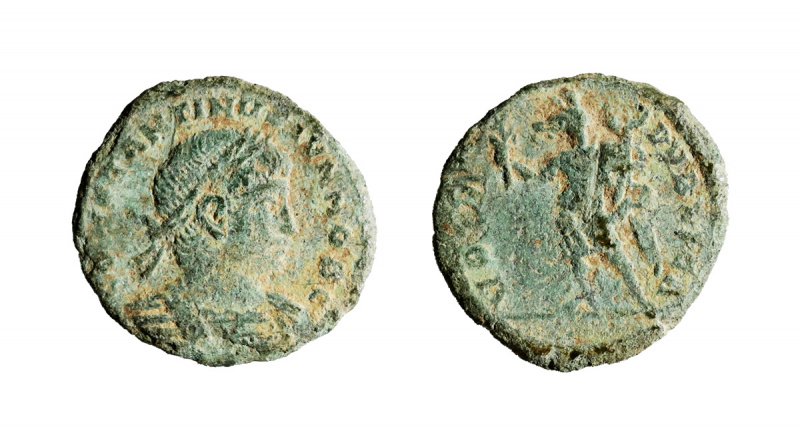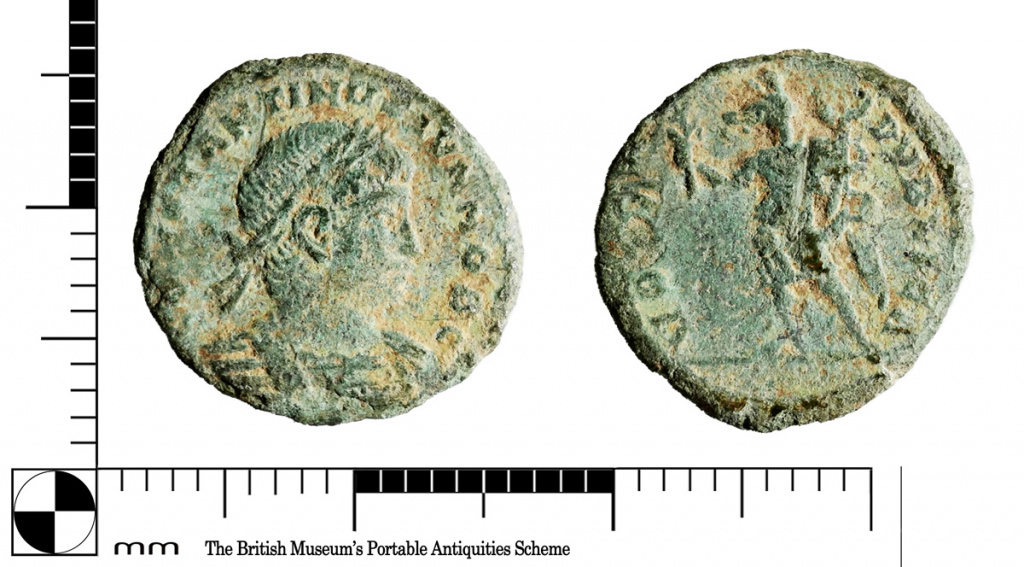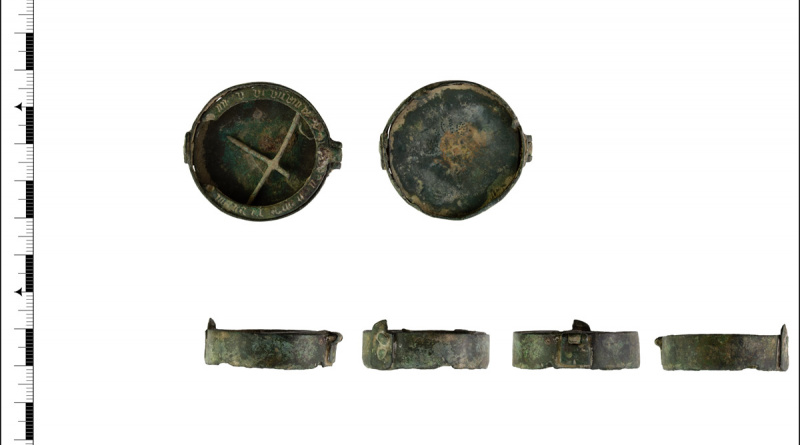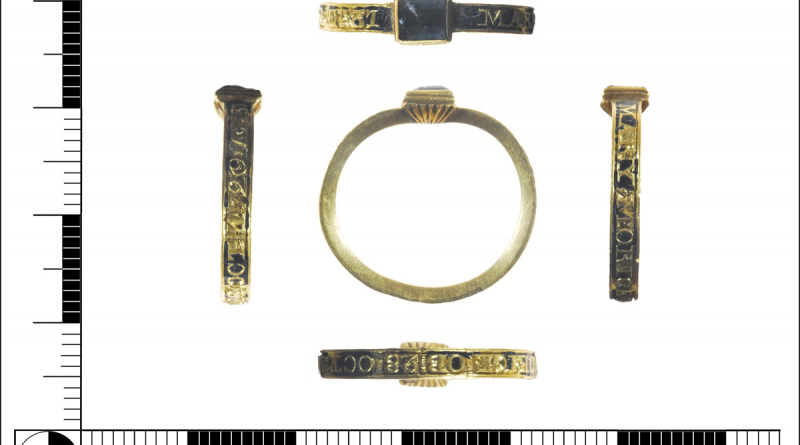PAS Finds (w/e 4/8/23) – Festival of Isis
My selection of the detecting finds recorded at the PAS during the week ended 4 August 2023
Featured Find
Isis festival token of Constantine II
A token issued in the name of Constantine II to celebrated the Festival of Isis.
Constantine the Great as Emperor
The obverse shows the bust of Constantine II, who would have been aged five when the coin was issued in AD 321. The legend on this side reads CONSTANTINVS IVN NOB C, which is an abbreviation for Constantinus Iunior Nobilissimus Cæsar, “Constantine the youth, most noble caesar“; his father, Constantine the Great had made him caesar at the age of one.
Isis festival
The reverse depicts the Egyptian deity Anubis, standing left holding a branch in his right hand and a caduceus in his left. Anubis was closely associated with the cult of Isis, which enjoyed great popularity in Roman times. Festival of Isis tokens were first struck by Diocletian (284-286) and continued until the 380s. They were all minted in Rome.
The festival was held on 5 March to celebrate Isis’s influence over the sea and involved a votive ship being launched into the water. Some suggest this as a possible origin for the word “carnival” via carrus navalis, meaning naval wagon.
Vota Publica
The legend on the reverse reads VOTA PUBLICA. This refers to the ceremony on 3 January each year where people assembled to offer vota, or vows (to the Gods), for the well being of the Emperor and the empire.
Function
The exact function of these tokens is unclear. One problem is that the coin refers to events on two different days of the year. A major early work on the subject suggested that the date of the Isis festival was moved to 3 January. However, there is nothing to support this.1 An alternative theory is that they were issued during the Vota Publica festivities to be exchanged for corn at the later Isis celebrations. Another piece of research concludes that, while Constantine the Great was Emperor, they were issued to mark the five-year anniversaries of his reign2 and so formed part of the propaganda to support the public standing of the Emperor.
Tokens in Britain
Tokens are commonly found throughout the Roman Empire except Britain. The rarity of this find is shown by it being considered a Find of Note of Regional Importance. A couple of theories are proposed as to how these tokens arrived in here; kept as a souvenir of attending the festival or just mixed up in other small change.3




